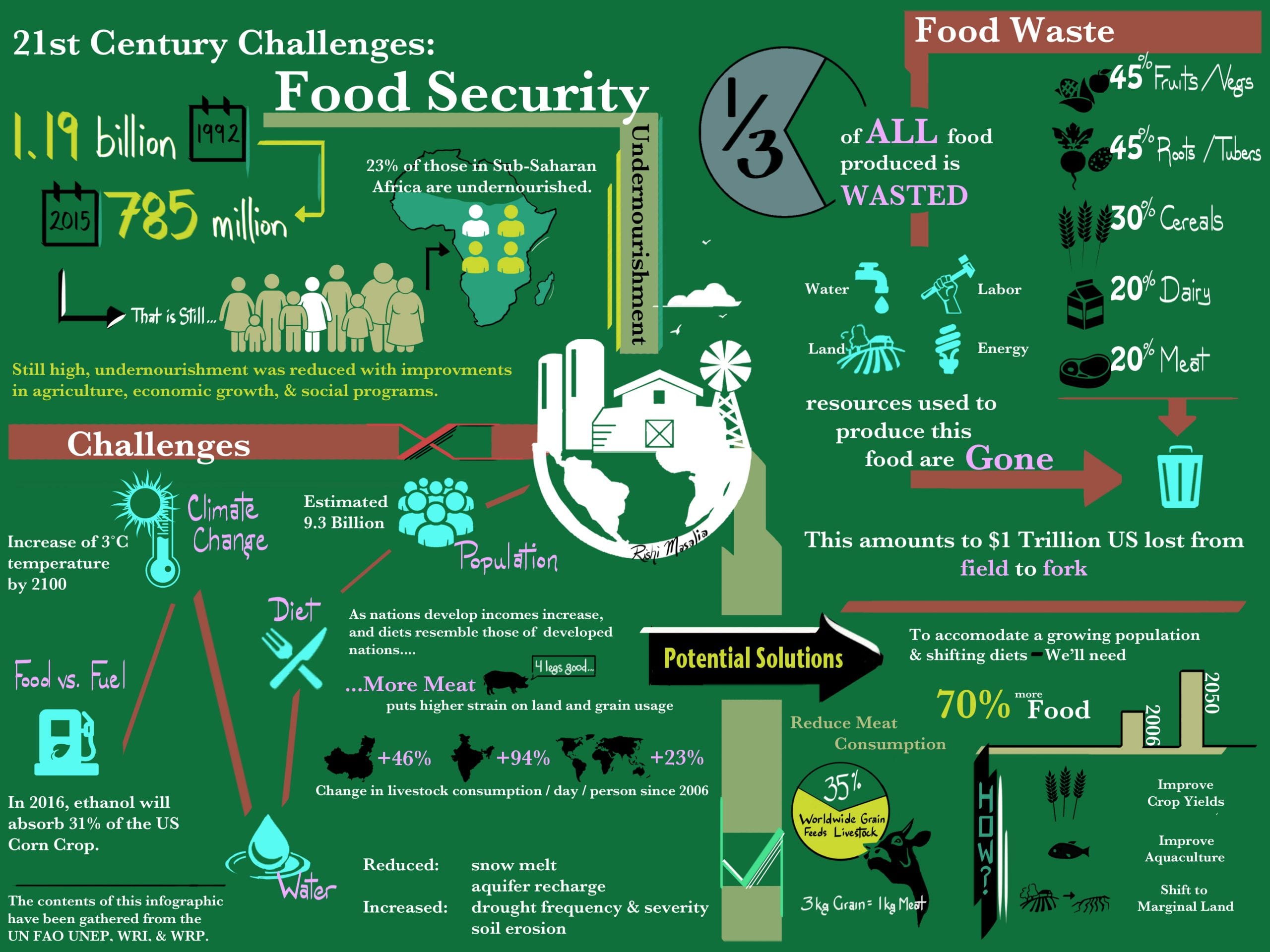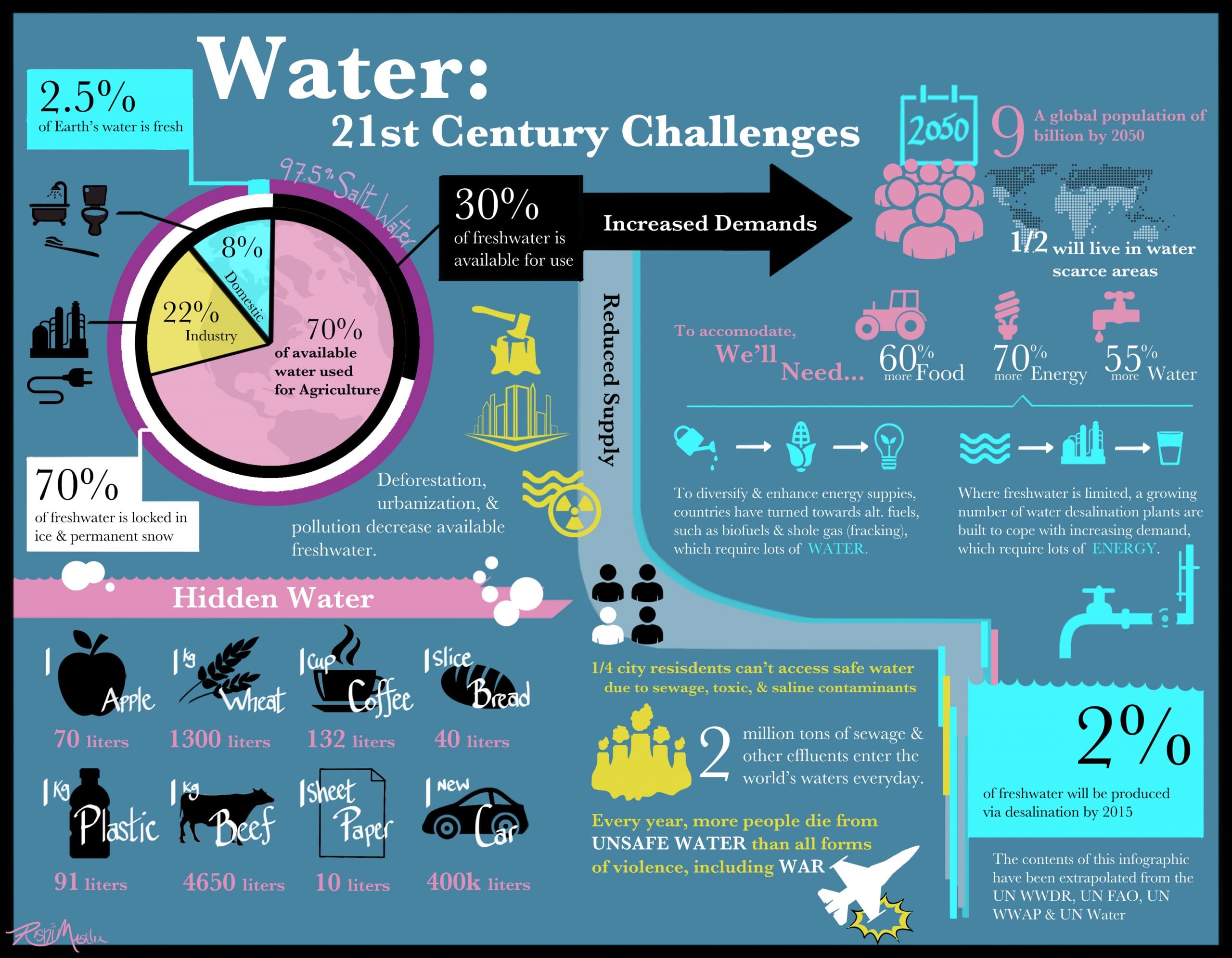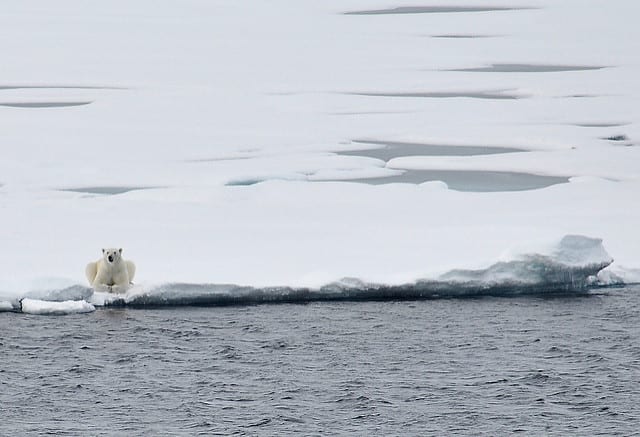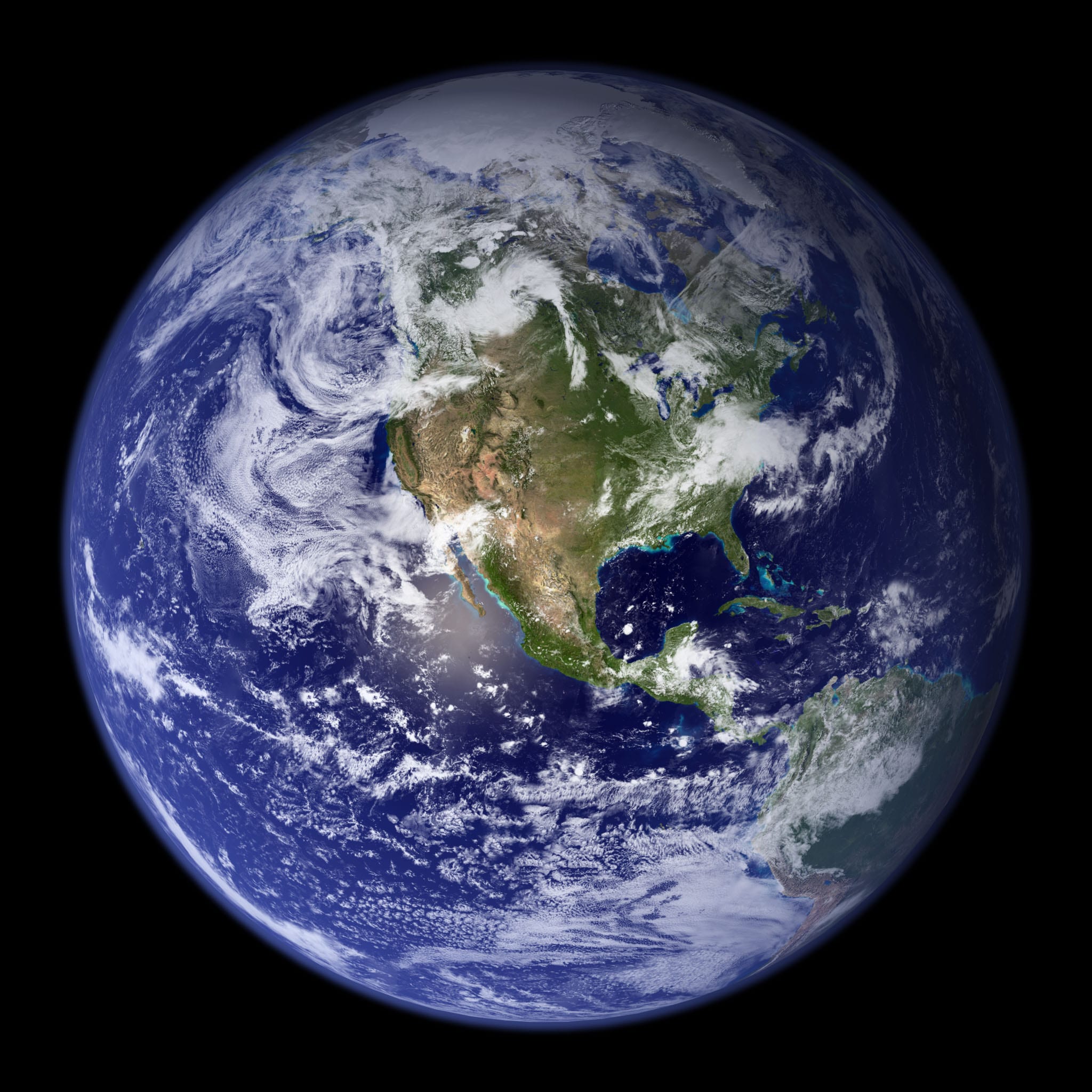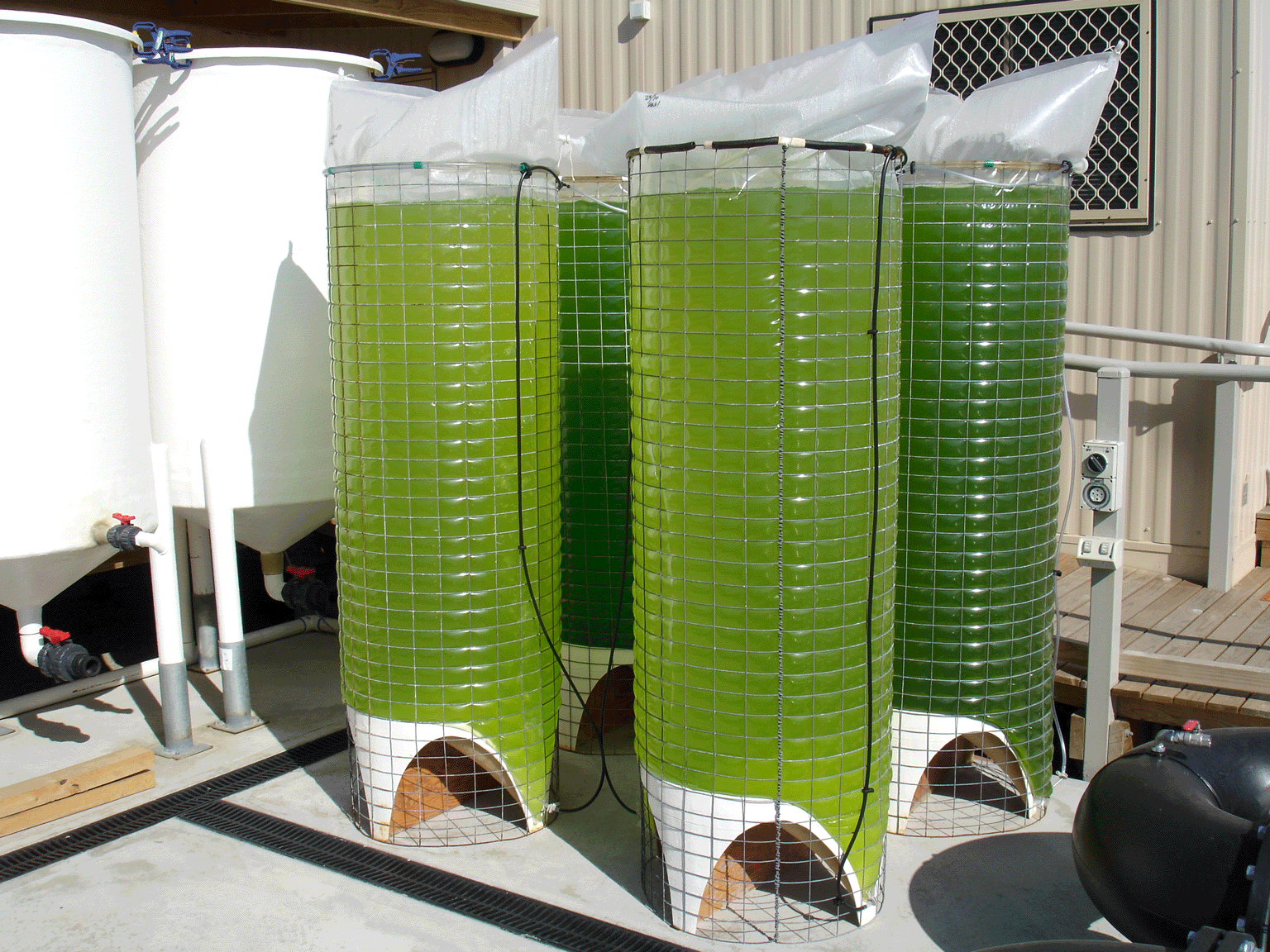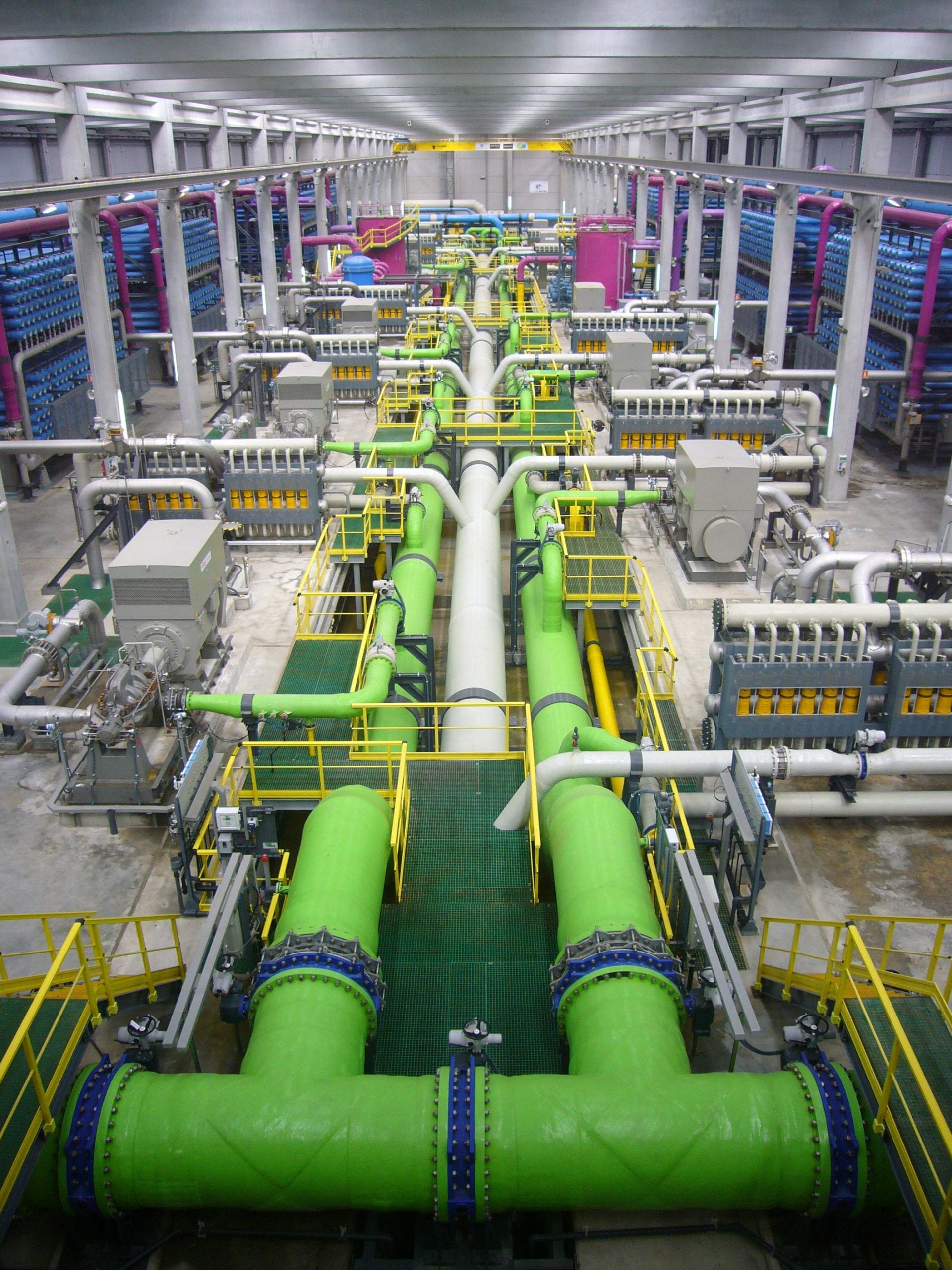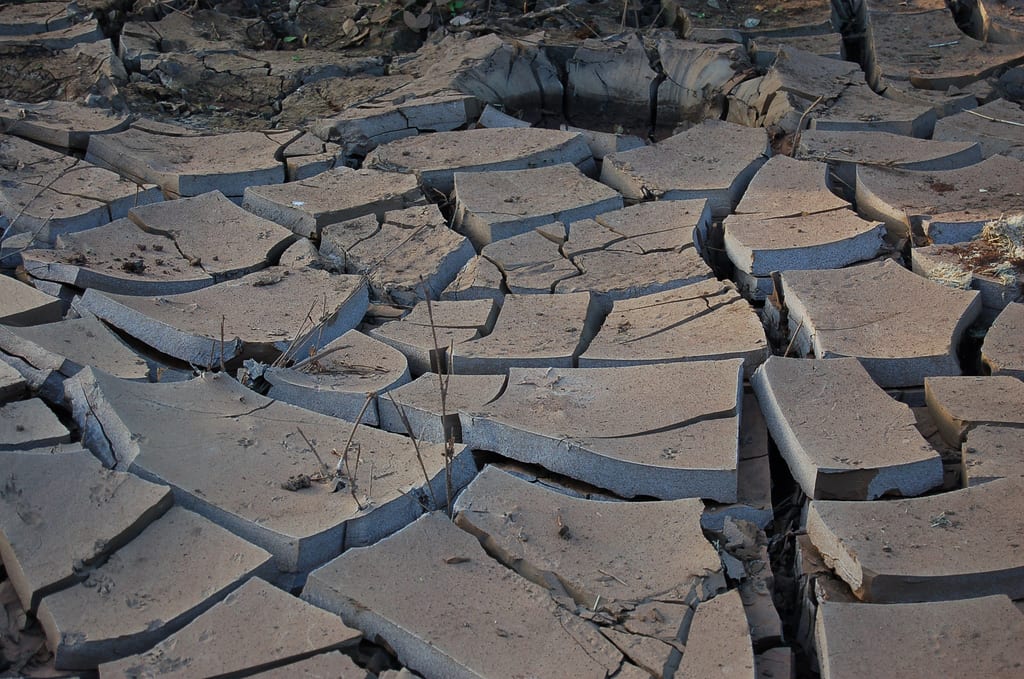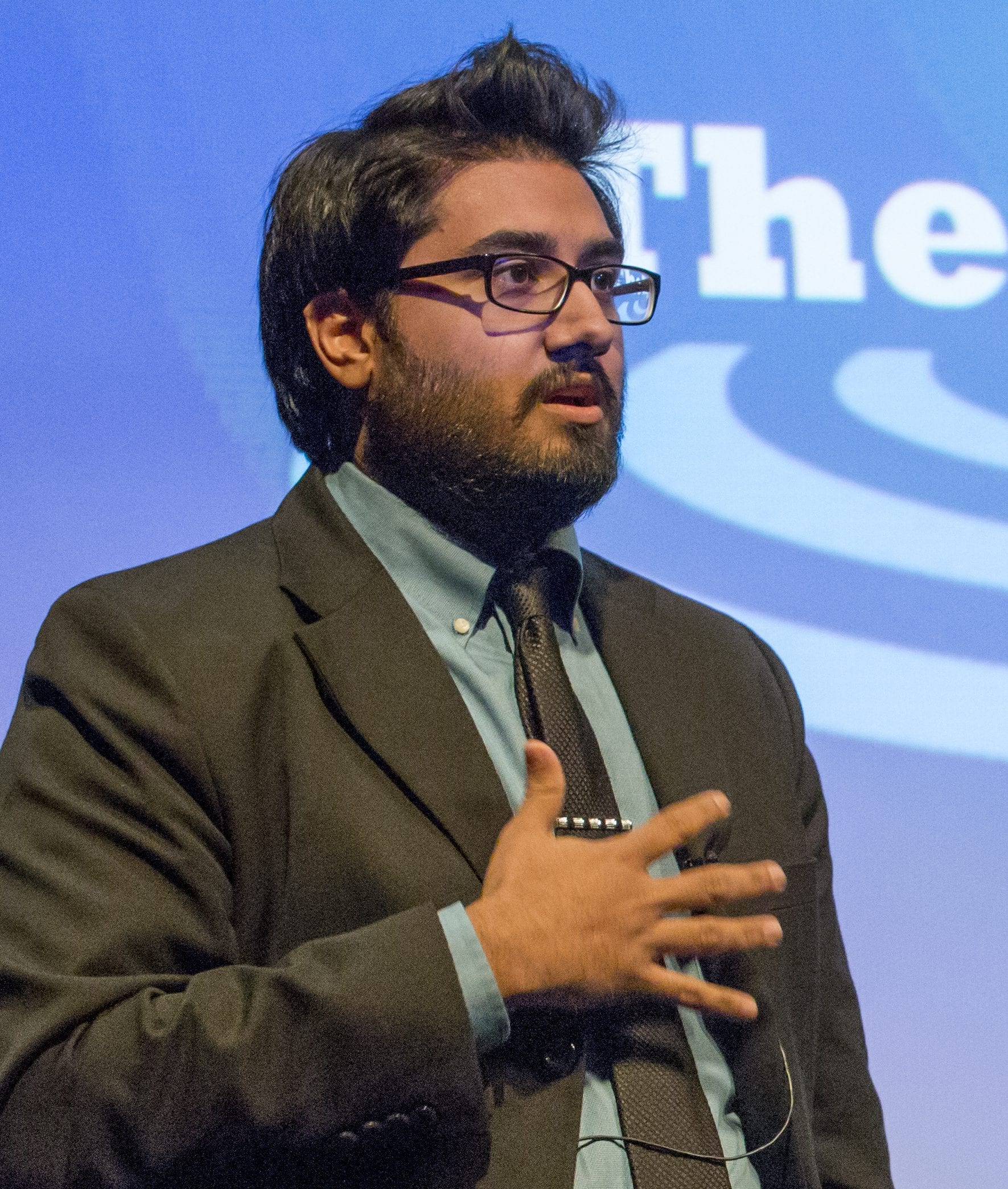
The Ripple Effect
How do you feed the world when the world doesn’t have the water to feed itself? — Rishi R. Masalia A finalist for the 2016 University of Georgia 3 Minute Thesis competition, Rishi R. Masalia talks about global water scarcity and how his PhD dissertation can help! If you’re interested in this topic and want

